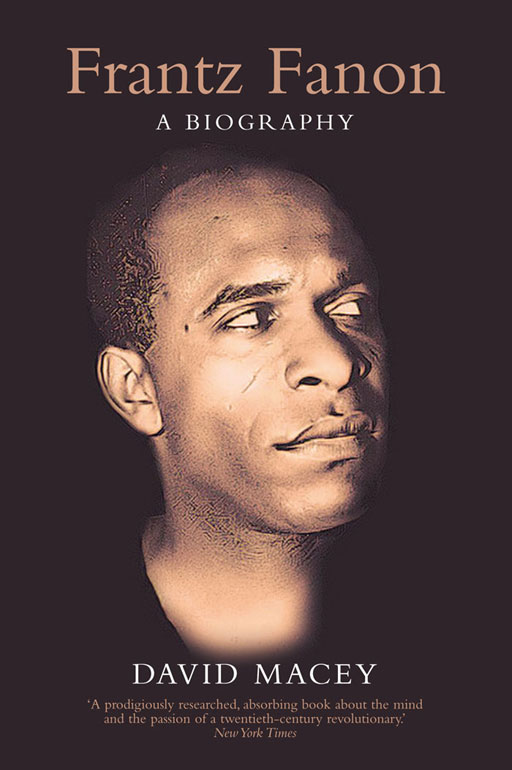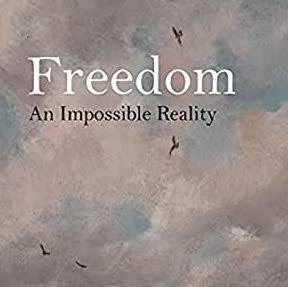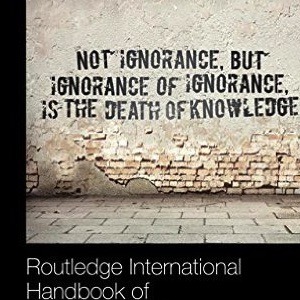 Frantz Fanon: A Biography
Frantz Fanon: A Biography
From the African-American ghetto revolts of the 1960s to the Arab Spring, Frantz Fanon’s name and his incendiary words are resurrected wherever a spirit of rebellion burns. In the scholar’s study and seminar room, too, Fanon has multiple, ever-renewed afterlives, claimed by Marxists, Afrocentrists and Islamists, Lacanian psychoanalysts, phenomenologists, existentialists, postcolonial literary theorists and almost anyone in between.
It is a remarkable posthumous career for a man who died from leukemia aged just 36, and has often seemed to be remembered least in just the places where his own life and intellectual energies were spent: his native Martinique, France, where he studied psychiatry and in whose army he fought, and Algeria, whose anticolonial revolution he made the centre of his later life and work. Little less astonishing is that all his writing (or actually, it seems, most often dictation to his long-suffering wife Josie) was in French, but he has always been read about mostly in English – and, until recently, in shockingly bad translations.
Fanon’s reputation rests mainly on two very different books. Black Skin, White Masks (1952) was a philosophical and psychological meditation on the idea of race and the effects of racism. The Wretched [originally Les Damnes] of the Earth (1961), composed with white-hot speed in his last months, was the most eloquent and influential of all its era’s manifestoes for revolution against white colonial rule, but also warned prophetically of the “pitfalls of national consciousness” and the autocracy and corruption into which so many postcolonial states would fall. Throughout, he espoused a radical humanism that, to many readers, has been an abiding inspiration.
Amidst the now huge body of work about Fanon, or claiming descent from him, David Macey’s 2000 biography stands in a class of its own. It is unmatched in its care and attention to detail, in its author’s knowledge of the multiple intellectual, cultural and political contexts in which the man moved – from psychiatric theory to the politics of colonial Martinique, postwar France and revolutionary Algeria – and not least in its insistence that Fanon’s thought can only be understood in those contexts, not in airy generalisations. It is thus a necessary, if sometimes impatient, corrective to the way Fanon’s ideas – or, often, his mere abstract image – has become the near-ubiquitous, polymorphous touchstone of contemporary postcolonial and anticolonialist thinking. Often the resulting “Fanonism” has been a caricature of Fanon’s own ideas, or an imaginative construct bearing little apparent relation to anything the man himself actually wrote.
Even (or especially) the most intellectually sophisticated latterday “Fanonian” meditations, by people like Homi Bhabha, Lewis Gordon or David Marriott, sometimes seem like vast, ornate dream-palaces built far from the view of the man himself. Earlier Fanonisms focused on the role he supposedly granted to the lumpenproletariat in anticolonial revolution – actually a marginal and ambiguous presence in his work – or on a mystique of romantic “Third Worldism” and of violence owes more to Sartre’s Critique of Dialectical Reason and his “Preface” to Fanon’s Wretched of the Earth than to the Martiniquan’s work itself Latterly, he has been turned into a Lacanian, a poststructuralist, a patron saint of postcolonial discourse analysis, an empty signifier for racial resistance.
A new edition of Macey’s great work is hugely welcome, even if it comes tinged with sadness and slight mystery – for David Macey died, aged only 62, in October 2011. Puzzlingly and a little annoyingly, the new publication doesn’t seem anywhere to mark that fact, or to indicate whether during or before his final illness Macey had brought his intended revisions to completion. There are some indications that perhaps he had not: the book’s new “Afterword” has in places a rough-draft feel to it, the prose less polished than was this wonderful writer’s usual standard. And although both Foreword and Afterword include some acute observations on developments since 2000, whether in the shape of new and better translations of Fanon’s major works, or political events in Algeria and Martinique, there is little alteration to the main body of the book.
Macey’s key message, though, remains as relevant, as urgent in 2013 as it was in 2000 – or in 1961: “It is a good time to reread Fanon. Not to hear once more the call for violent revolution, but to recapture the quality of the anger that inspired it. Fanon was angry. His readers should still be angry too.” Angry, Macey says, at the racism that still mars both Martiniquan and French life, at the violence and repression still hanging over Algeria, above all “Angry that the wretched of the earth are still with us.”

